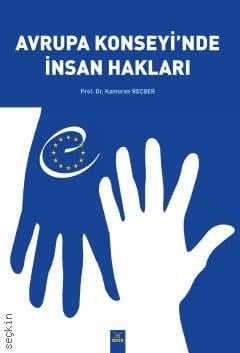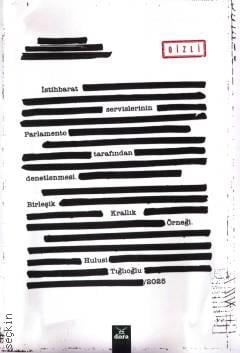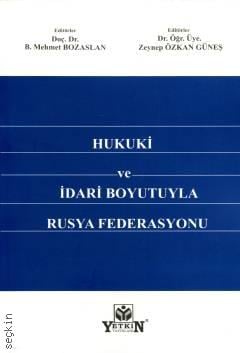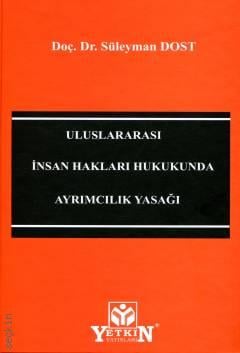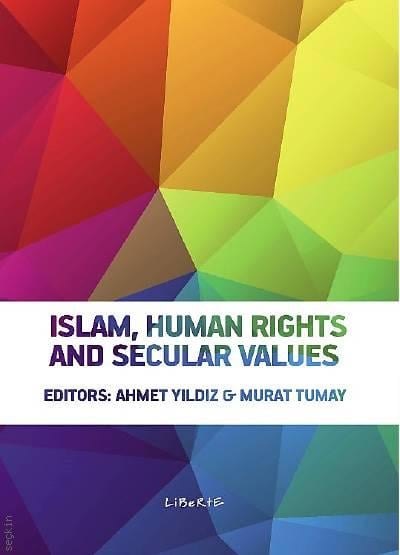
Islam, Human Rights and Secular Values
1. Baskı,
Kasım 2012
Kitabın Detayları
Dili:
İngilizce
Ebat:
13x19
Sayfa Sayısı:
396
Baskısı tükenmiştir.
Kitabın Açıklaması
The main aim of this collection of essays is to contribute to the ongoing debate in Turkey and in some European Union member states about the challenge of reconciling Islamic and secular values in the public realm with a view to rising Islamophobia in post 9/11 Europe. What can Turkey learn from the European experience and what insight can she provide for the EU in this regard is the main problematised issue. In attaining this goal, it brings together various scholars from miscellaneous disciplines, who reflect on whether there are any lessons for Turkey from Europe, and vice versa, in relation to the accommodation of Islamic beliefs and secular values.
This work consists, essentially, of revised papers presented in a workshop held under the auspices of the European Science Foundation (ESF), in November 2009. The volume also includes some new contributions not addressed in the workshop. From the essays in this volume it could be concluded that religion has a role to play in public life in contemporary Europe; that the issue of Human Rights, Secularism, Democracy and Islam is an important topic that should be further examined; and finally, in relation to the protection of human rights in Turkey, the European Court of Human Rights has tended to take an overly conservative approach to the protection of religious freedom.
This book has been published with financial support from the European Science Foundation
Kitapla İlgili Kategoriler
Yorumlar
Baskısı tükenmiştir.
Bu kitaplar da ilginizi çekebilir
Hakkımızda
|
Uluslararası Yayınevi Belgesi|
Kaynakça Dosyası|
Kişisel Verilerin Korunması |
Üyelik|
Siparişlerim|
İade Politikası|
İletişim